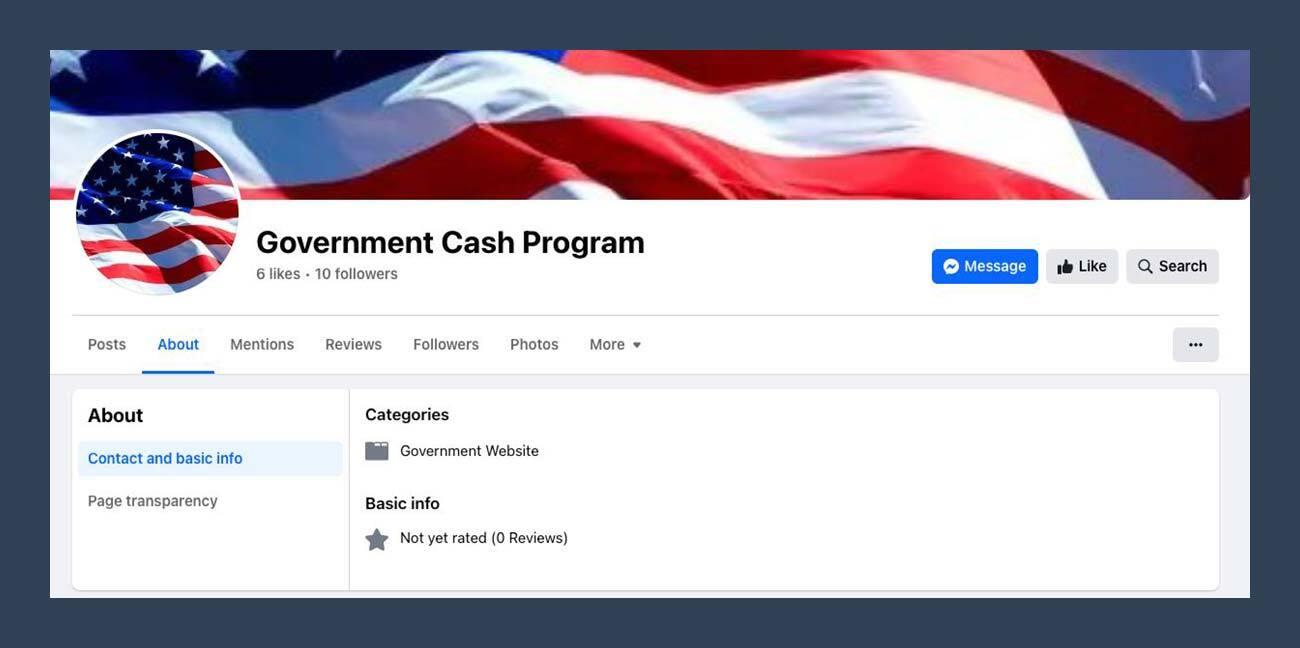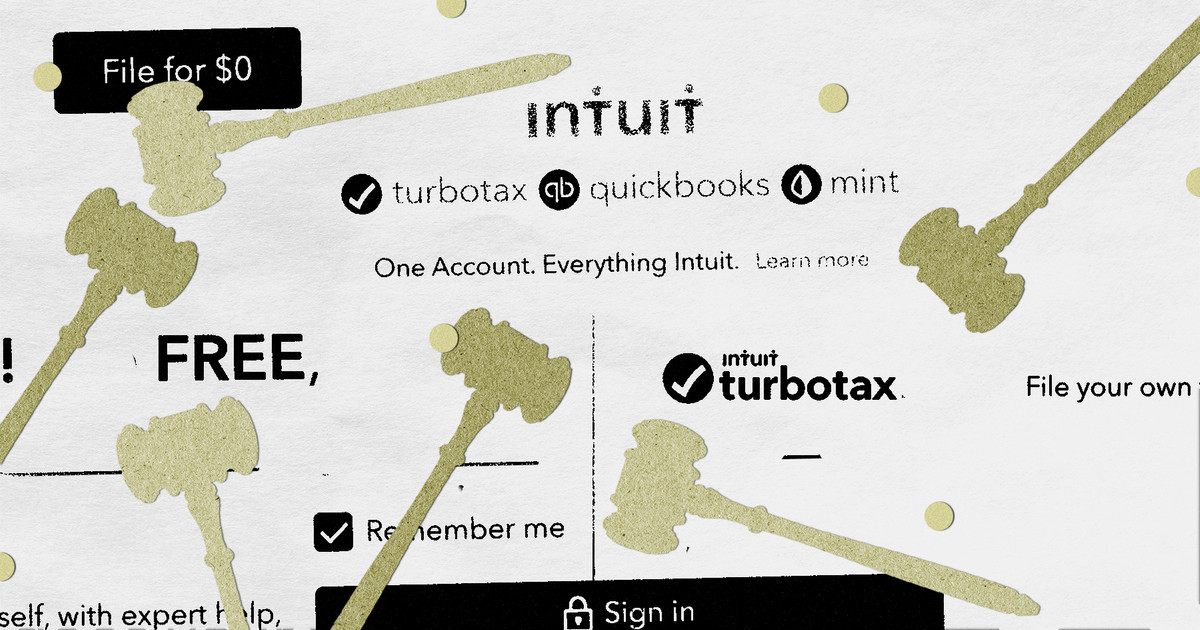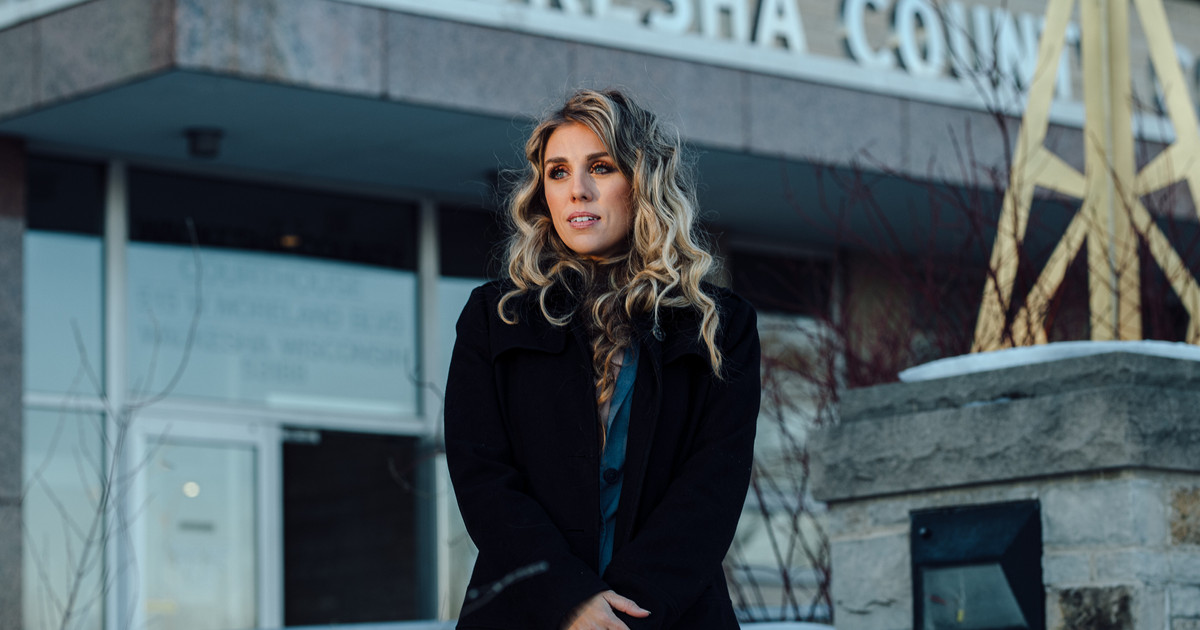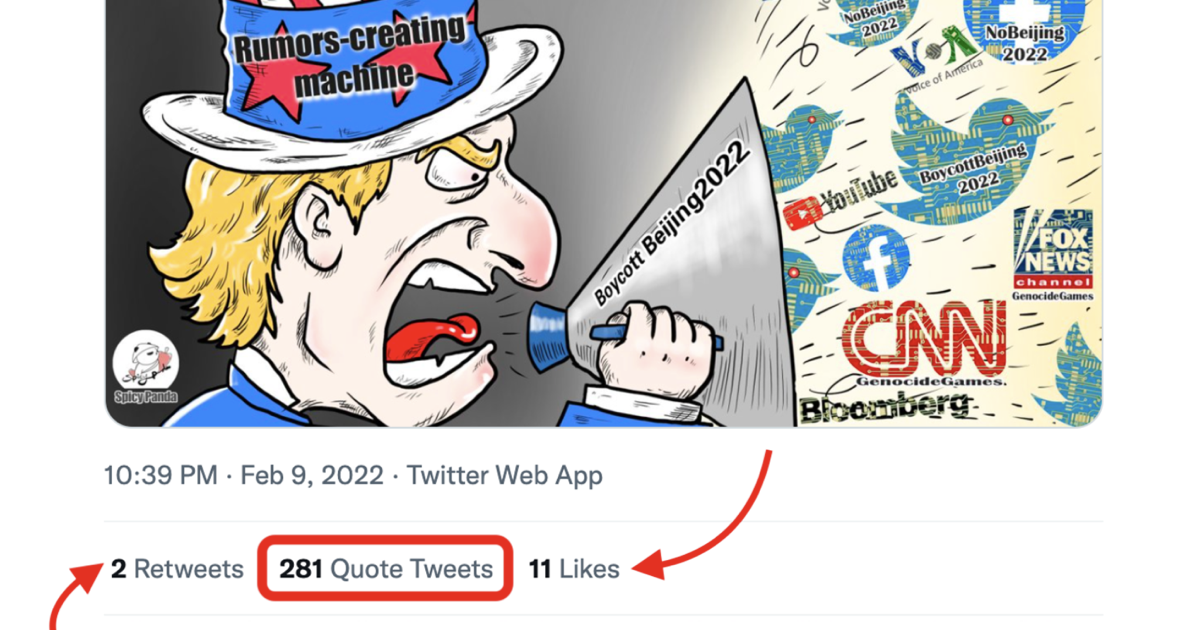Exploiting Meta’s Weaknesses, Deceptive Political Ads Thrived on Facebook and Instagram in Run-Up to Election

In December, the verified Facebook page of Adam Klotz, a Fox News meteorologist, started running strange video ads.
Some featured the distinctive voice of former President Donald Trump promising “$6,400 with your name on it, no payback required” just for clicking the ad and filling out a form.
In other ads with the same offer, President Joe Biden’s well-known cadence assured viewers that “this isn’t a loan with strings attached.”
There was no free cash. The audio was generated by AI. People who clicked were taken to a form asking for their personal information, which was sold to telemarketers who could target them for legitimate offers — or scams.
Klotz’s page ran more than 300 of these ads before ProPublica contacted the weather forecaster in late August. Through a spokesperson, Klotz said that his page had been hacked and he was locked out. “I had no idea that ads were being run until you reached out.”
Klotz’s page had been co-opted by a sprawling ad account network that has operated on Facebook for years, churning out roughly 100,000 misleading election and social issues ads despite Meta’s stated commitment to crack down on harmful content, according to an investigation and analysis by ProPublica and Columbia Journalism School’s Tow Center for Digital Journalism, as well as research by the Tech Transparency Project, a nonpartisan nonprofit that researches large tech platforms. The organizations combined data and shared their analyses. TTP’s report was produced independently of ProPublica and Tow’s investigation and was shared with ProPublica prior to publication.
The network, which uses the name Patriot Democracy on many of its ad accounts, is one of eight deceptive Meta advertising operations identified by ProPublica and Tow. These networks have collectively controlled more than 340 Facebook pages, as well as associated Instagram and Messenger accounts. Most were created by the advertising networks, with some pages masquerading as government entities. Others were verified pages of people with public roles, like Klotz, who had been hacked. The networks have placed more than 160,000 election and social issues ads on these pages in English and Spanish. Meta showed the ads to users nearly 900 million times across Facebook and Instagram.
The ads are only a fraction of the more than $115 billion Meta earns annually in advertising revenue. But at just over $25 million in total lifetime spend, the networks collectively rank as the 11th-largest all-time advertiser on Meta for U.S. elections or social issues ads since the company began sharing data in 2018. The company’s failure to block these scams consistently highlights how one of the world’s largest platforms struggles to protect its users from fraud and deliver on its nearly decadelong promise to prevent deceptive political ads.
Most of these networks are run by lead-generation companies, which gather and sell people’s personal information. People who clicked on some of these ads were unwittingly signed up for monthly credit card charges, among many other schemes. Some, for example, were conned by an unscrupulous insurance agent into changing their Affordable Care Act health plans. While the agent earns a commission, the people who are scammed can lose their health insurance or face unexpected tax bills because of the switch.
The ads run by the networks employ tactics that Meta has banned, including the undisclosed use of deepfake audio and video of national political figures and promoting misleading claims about government programs to bait people into sharing personal information. Thousands of ads illegally displayed copies of state and county seals and the images of governors to trick users. “The State has recently approved that Illinois residents under the age of 89 may now qualify for up to $35,000 of Funeral Expense Insurance to cover any and all end-of-life expenses!” read one deceptive ad featuring a photo of Gov. JB Pritzker and the Illinois state seal.
More than 13,000 ads deployed divisive political rhetoric or false claims to promote unofficial Trump merchandise. ...
Rest if article: https://www.propublica.org/article/facebook-instagram-meta-deceptive-political-ads-election
#ProPublica #meta #facebook #political #ads

















